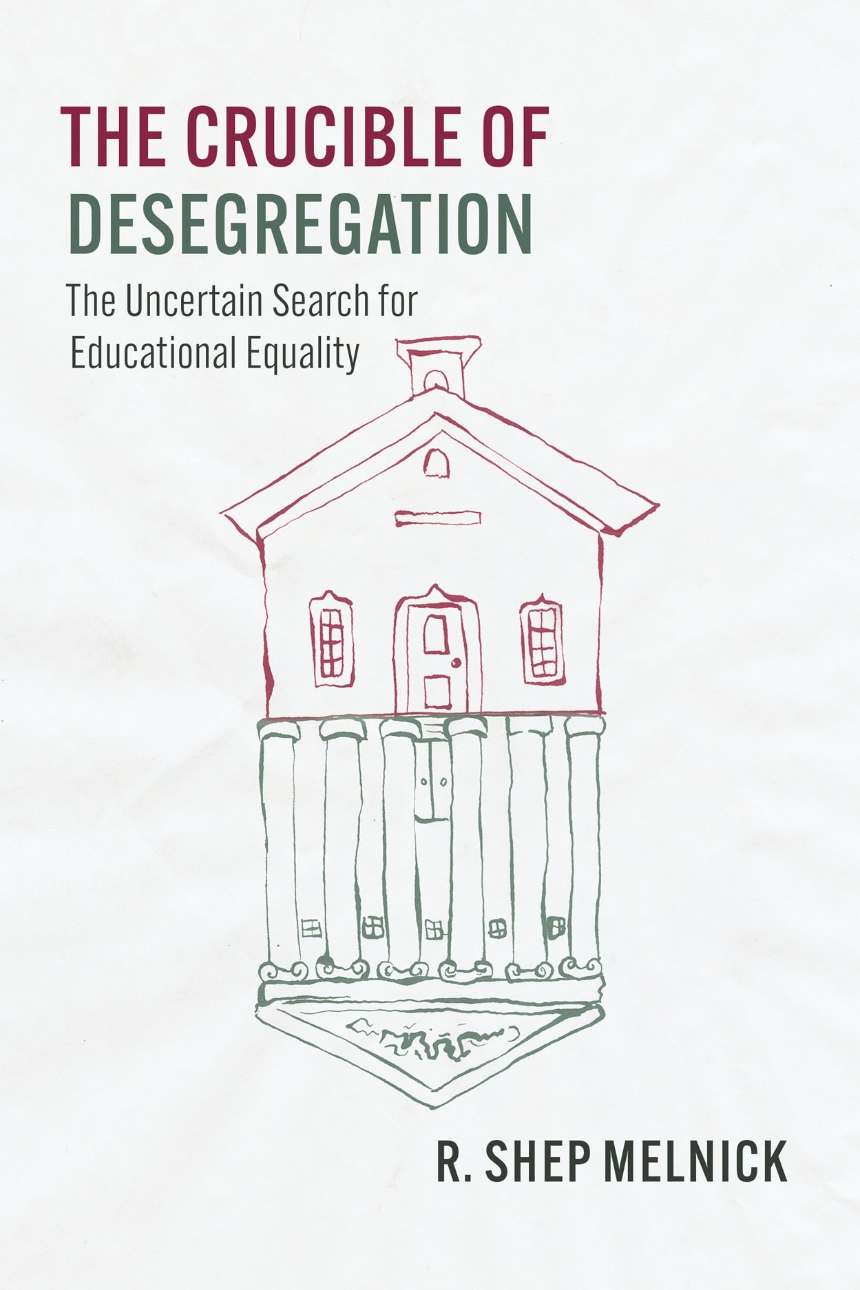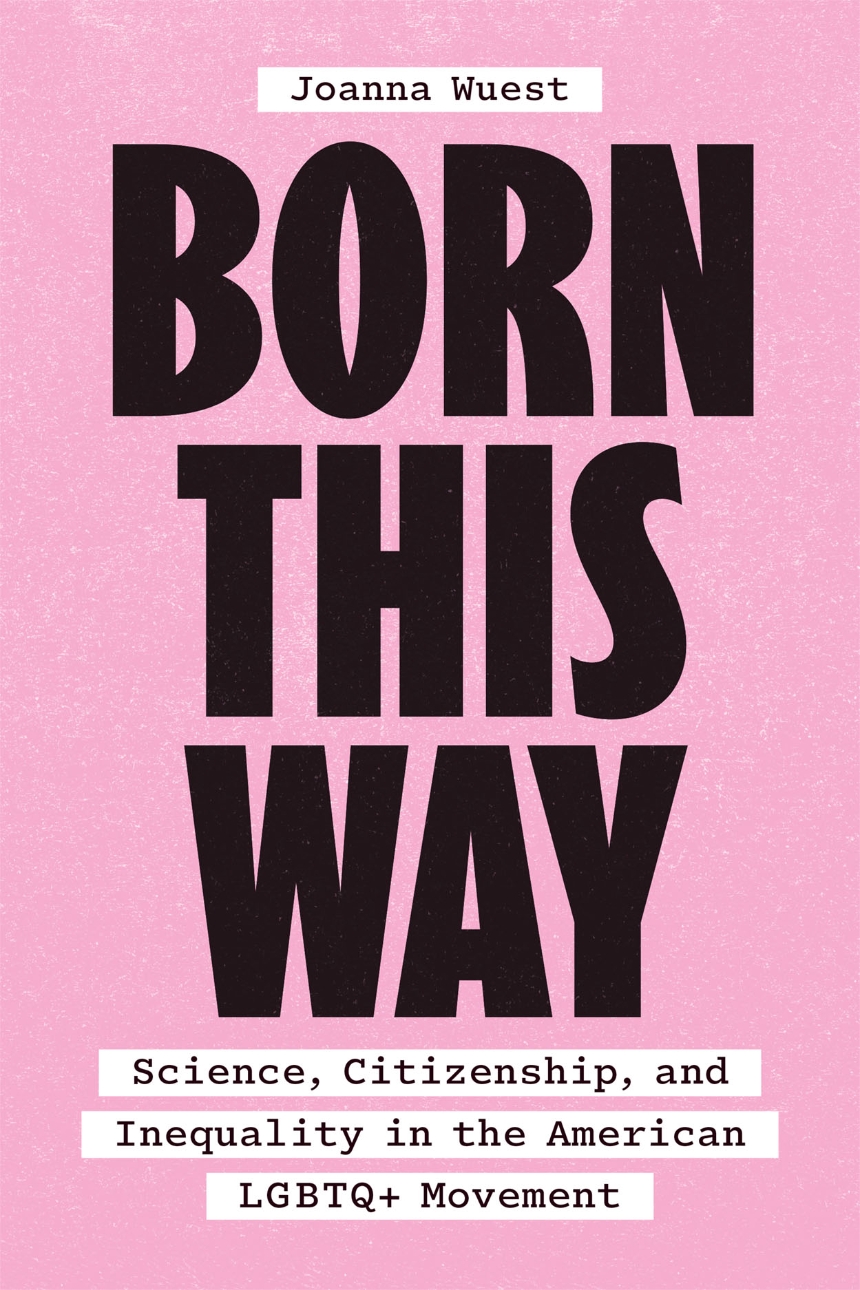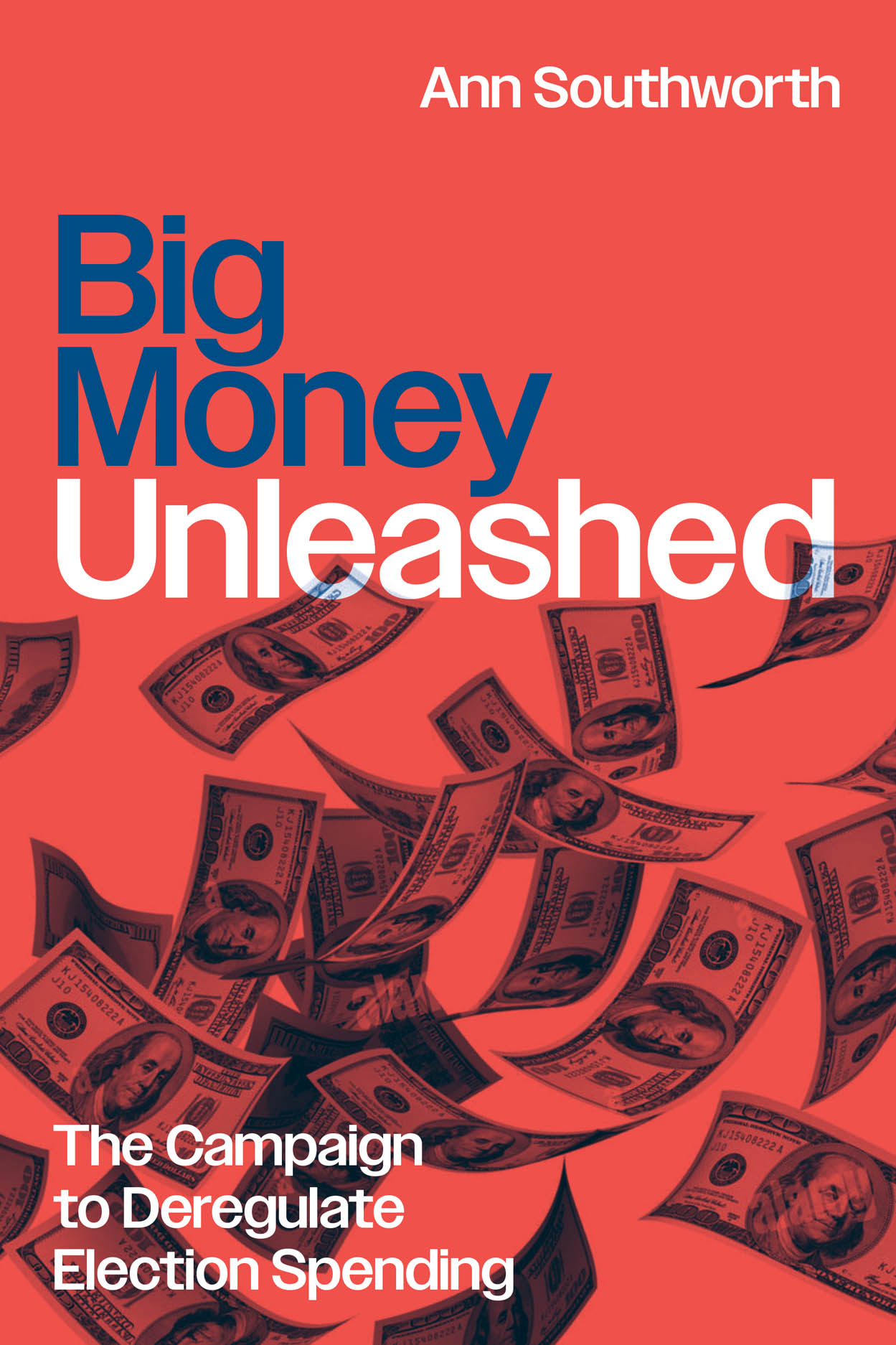As of May 17, 2024, it has now been seventy years since Brown v. Board of Education, the pivotal case that declared that separating children
In celebration of Pride Month, we’d like to highlight one of our authors whose work thoughtfully examines key aspects of the history of the LGBTQA+
While the American public prepares for the 2024 Presidential Election, large questions about the state of American democracy loom large. As important debates about the
The annual American Political Science Association (APSA) meeting is about to kick off. Finally back in person, we look forward to all the perks of
We’re pleased to share a short excerpt from Justin B. Richland’s new book, Cooperation without Submission, which was published this September. It is well-known that there is
“Step up and tell the truth.” “No more lies.” “This is your chance to tell us what really happened.” Who hasn’t rooted for a TV
Summoned for jury duty? In her new book, Radical Enfranchisement in the Jury Room and Public Life, Sonali Chakravarti seeks to change the way Americans
Bernard E. Harcourt has written several books for the University of Chicago Press about issues in law, criminality, and policing that politicize problems around race and
John Inazu (author of Confident Pluralism: Surviving and Thriving through Deep Difference) and Karin Tani recently published an op-ed at the Los Angeles Times, “The Japanese
Jennifer Ann Drobac’s Sexual Exploitation of Teenagers: Adolescent Development, Discrimination, and Consent Law—which focuses on the precarious positions, legal and otherwise, occupied by developing adolescents when sexually






